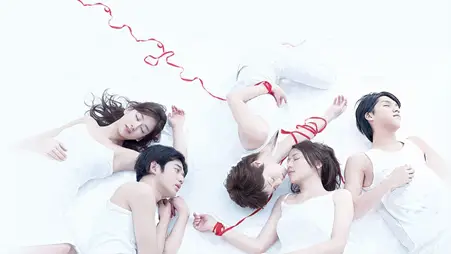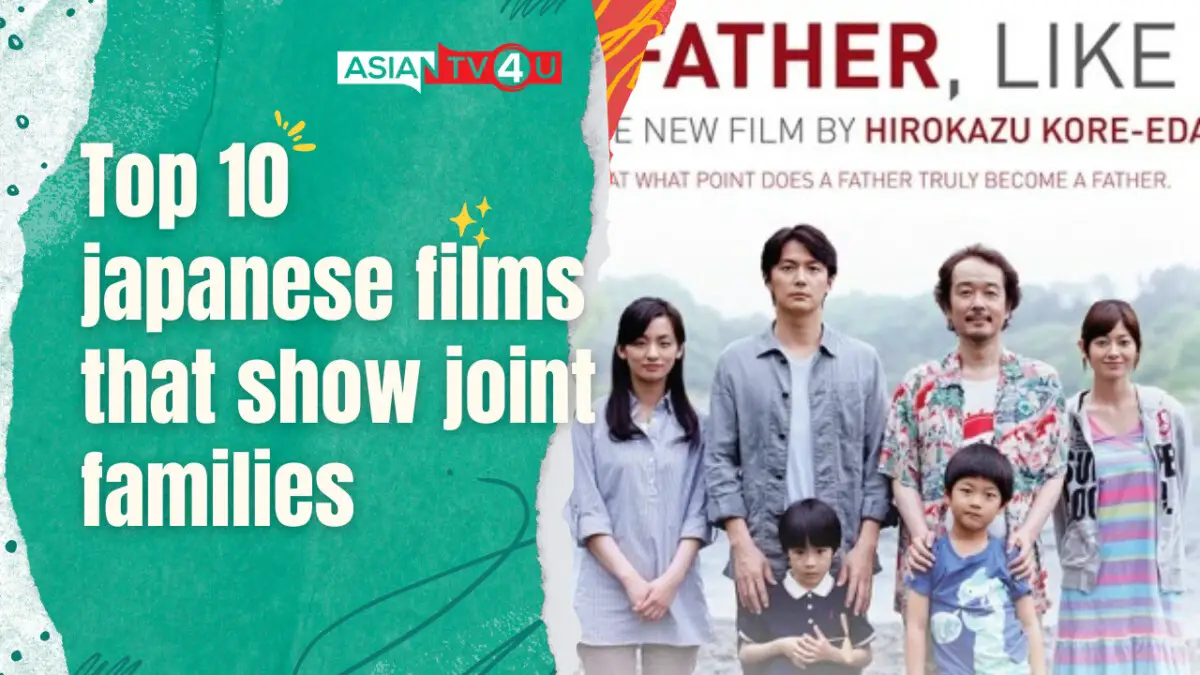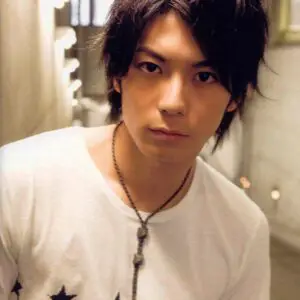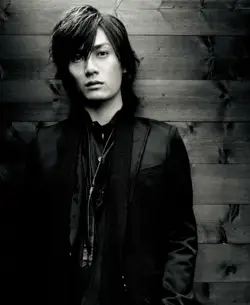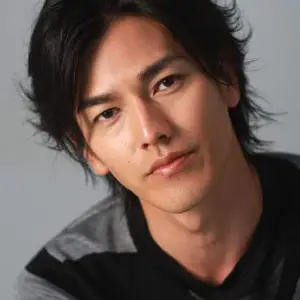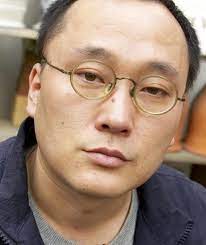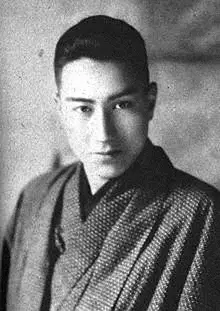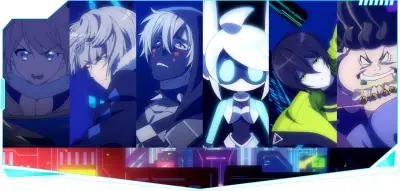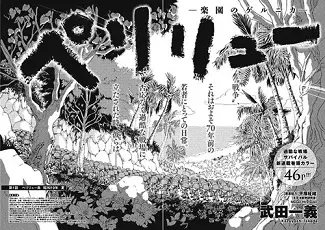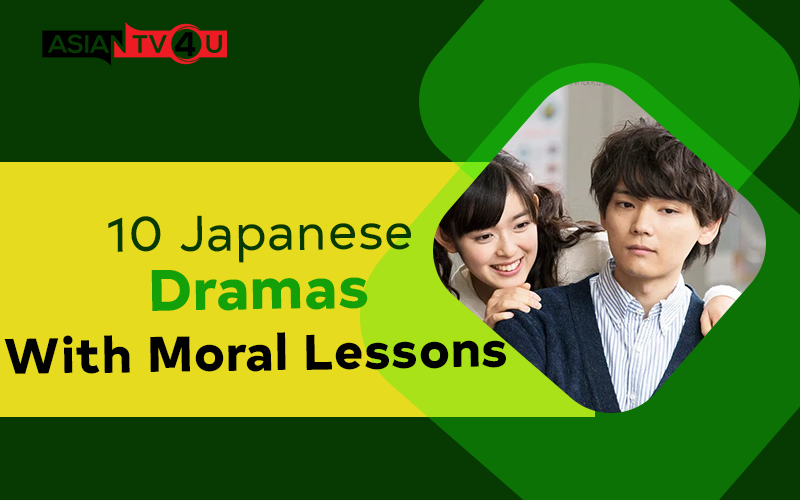
We watch dramas for relaxation, to forget about real life for a while and also for entertainment. While they do accomplish their original motive of entertainment, sometimes the screenwriters and directors try to educate their audience with their work. They explore themes that provoke reflection and the character’s personal growth. This educates the audience about different moral lessons, and in today’s cruel and convoluted world, we desperately need moral lessons through popular movies and dramas. So, here are 10 Japanese dramas with moral lessons:
1. 1 Litre Of Tears (2005)
1 Litre of Tears, or 1 Litre no Namida, is a Japanese television drama that aired on Fuji TV in 2005. This drama is based on the true story of Ayo Kitō, who suffered from Spinocerebellar ataxia, a brain disease which affects the cerebellum, and sadly passed away at 25. It was adapted from the diary Aya wrote from when she found out about her disease until her death. Her story not only gives us an insight into the mind of a strong and determined girl but also teaches us to appreciate our present and not despair if things go wrong.
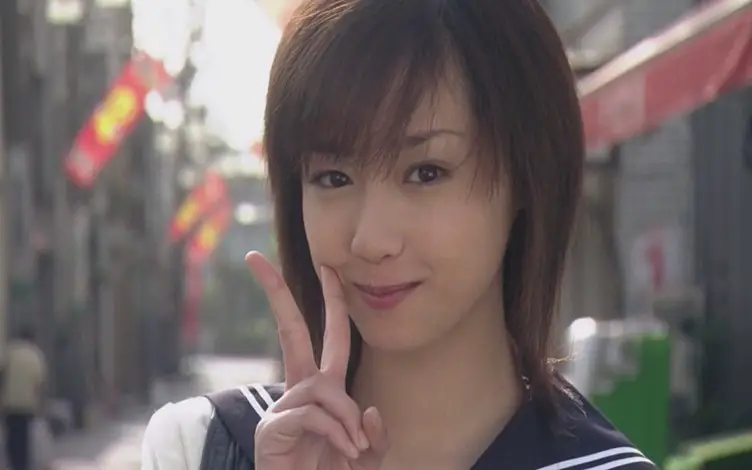
2. Hana Yori Dango (2005)
Hana Yori Dango, or Boys Over Flowers, is a Japanese television drama that aired on Tokyo Broadcasting System in 2005. It is based on the manga of the same name. This is the story of a poor girl in a high school of elites; as expected, she is horribly bullied, but she never gives up or leaves. Hana Yori Dango in Japanese literally translates to – Dumplings over flowers, and it expresses the meaning that practical and material things are more important for survival than things like ‘flowers’, meaning- pretty and aesthetic things that have no actual use.
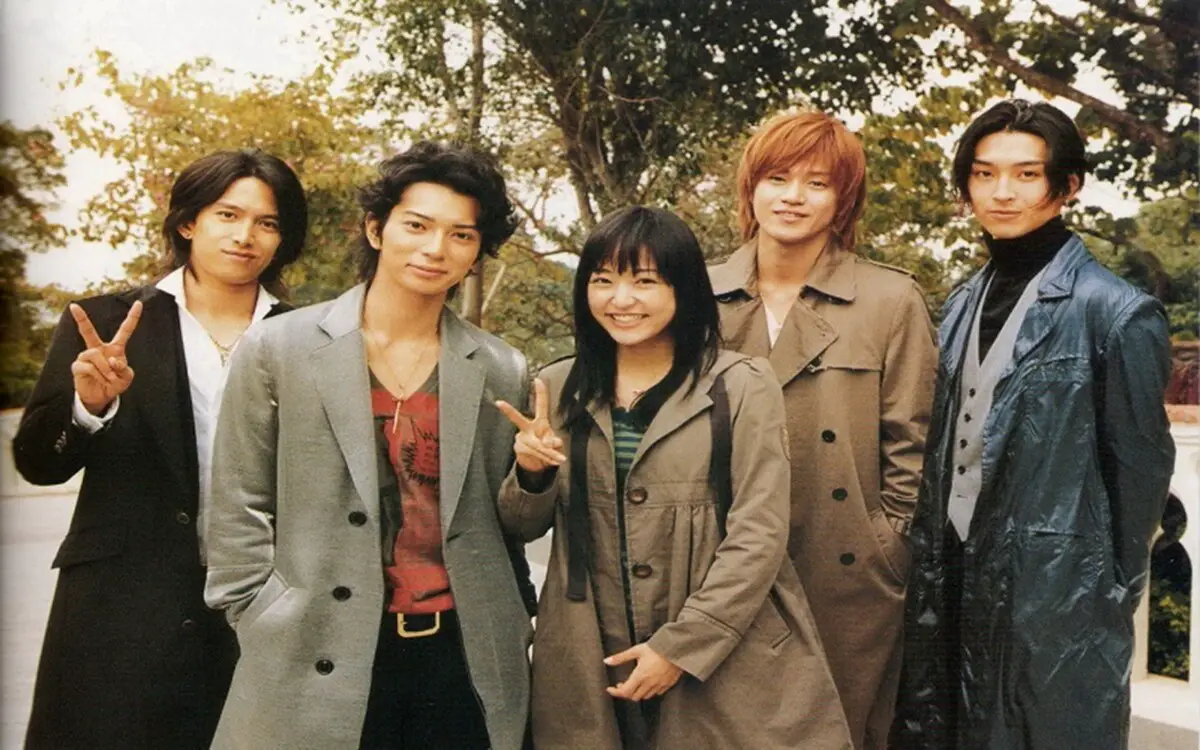
3. Nodame Cantabile (2006)
Nodame Cantabile is a Japanese television drama adapted from the manga of the same name that aired on Fuji TV in 2006. This is the story of a disorganised but talented pianist and an arrogant musical genius. Even though they are the exact opposites of each other, they fall in love and come to appreciate their differences. This drama helps us understand that everyone is different, and we should accept and respect it rather than look down upon it. The characters in this drama broaden their ways of thinking and learn to take risks and face their fears; we should also try to do this.
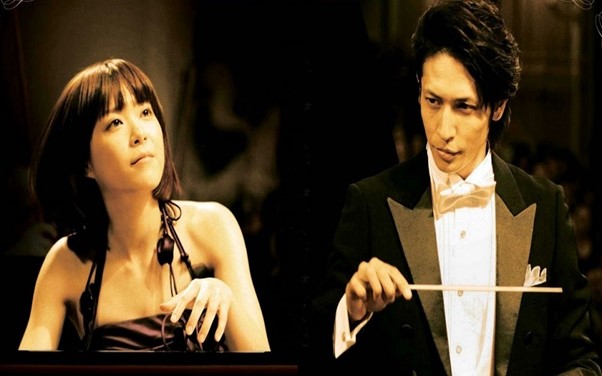
4. Gokusen (2002)
Gokusen is a Japanese television drama adapted from the same name's manga into a three-season drama that aired from 2002-2008 on Nippon TV. This is the story of Yamaguchi Kumiko, an idealistic teacher who is made the homeroom teacher of the most challenging class to manage. She not only teaches them their lessons but also about life. She has a secret identity, too; she is the 4th gen heir of a notorious Yakuza clan, but she’d rather be a teacher. Her background allows her to reach out to the students and guide them through life.
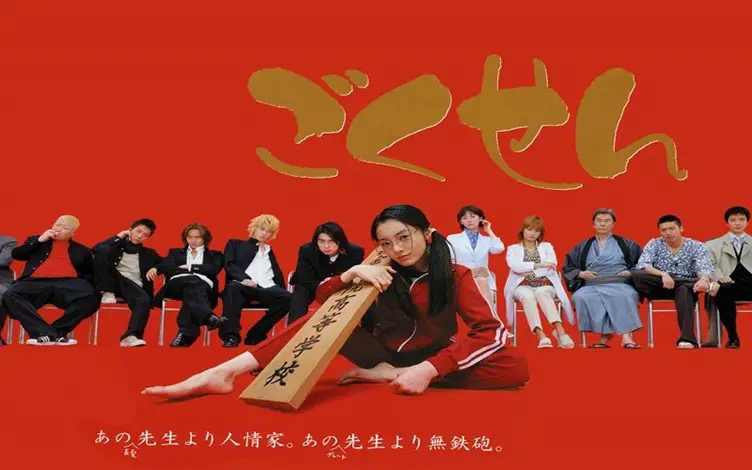
5. Good Doctor (2018)
Good Doctor is a Japanese Medical drama that aired on Fuji TV in 2018; this is a remake of a K-drama of the same name. This is the story of a paediatric surgeon on the autistic spectrum with savant syndrome who finds it very difficult to communicate with people. Minato Shindo is the main character, played by Kento Yamazaki. His sweet nature will draw you in immediately. This character will also teach you to always look on the brighter side of things, and you will learn how to give your best to yourself and others, even if you’re having a bad day.
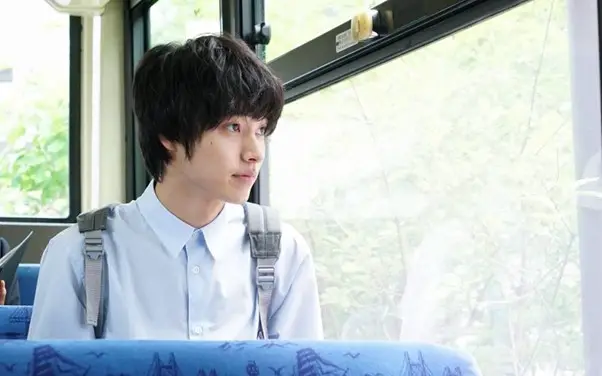
6. The Queen’s Classroom (2005)
The Queen’s Classroom is a Japanese television drama that aired on NTV in 2005. This drama is about Akutsu Maya, a new teacher at an elementary school, who is shown as being very strict and almost evil; the fact that she punishes the students in unorthodox manners doesn’t help either. But her cruel treatment of these young children is for a reason. She wants to teach them about the harsh world outside and makes it clear that adjusting to it will make it easier, nothing else. The students also learn the importance of unity and understanding each other.
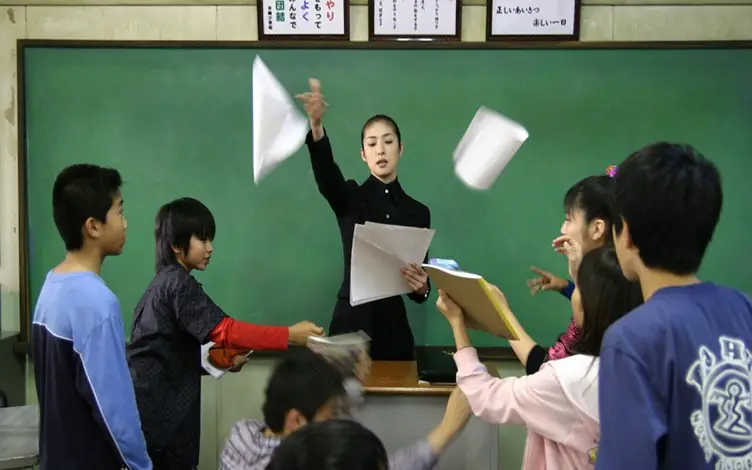
7. Mother (2010)
Mother is a 2010 Japanese television drama that aired on Nippon TV. This drama tells the story of Nao Suzuhara, an elementary school teacher, who decides to abduct one of her students to protect her from her mother’s abuse. This beautiful depiction of motherly love also showcases a horrifying reality for many children with abusive parents. Nao, who became a substitute mother for the kid, showers her with much-needed motherly love in her life. This drama shows that the love between a mother and daughter is truly unconditional.
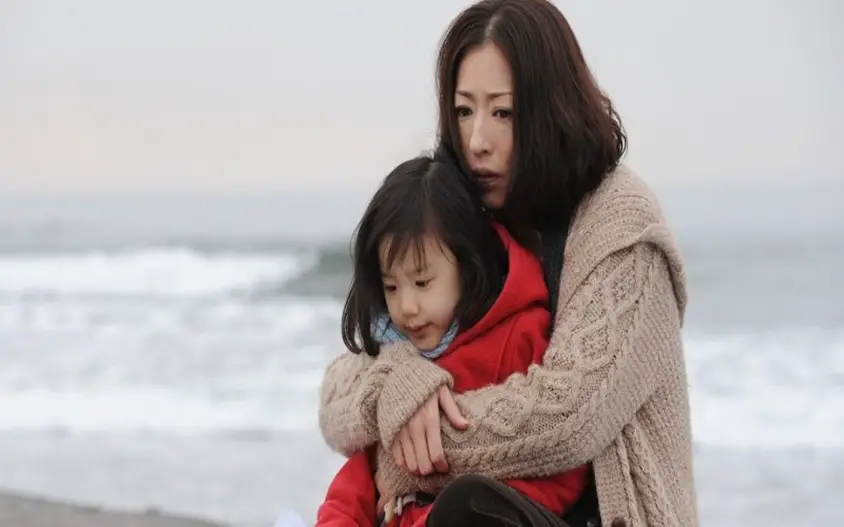
8. Long Vacation (1996)
Long Vacation is a Japanese television series that aired on Fuji TV in 1996. The story of this drama is about two people learning about life from and with each other after a series of painful situations. This is not a grand drama with earth-shattering realisations but one with an ordinary pair, a simple story and real problems. The relationship between Minami and Sena is one that you will generally not find in today’s dramas, as it focuses on truly understanding and supporting your partner.
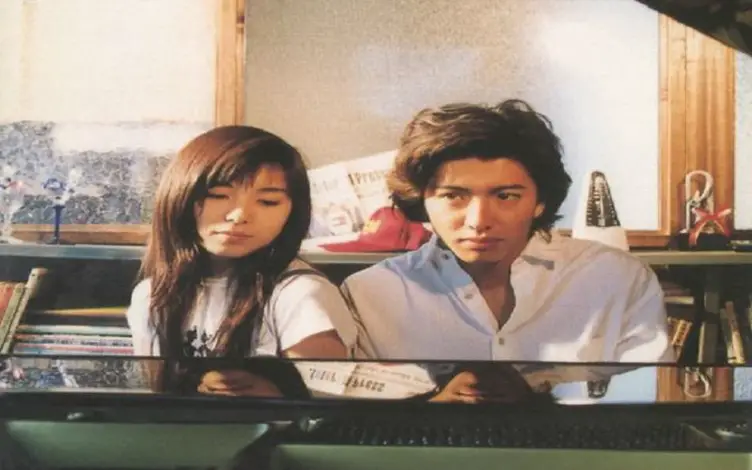
9. Legal High (2012)
Legal High is a 2012 Japanese courtroom drama aired on Fuji TV. This drama is about two clashing personalities in the legal field that come together to serve justice in the courtroom. Legal High can also be considered a satirical comedy show as it took all the stereotypical characters and stretched them out as absurdly as possible. The main point of this drama is how it calls out certain unlawful tactics used by lawyers to win cases, but if it accomplishes something good, is it still unlawful?
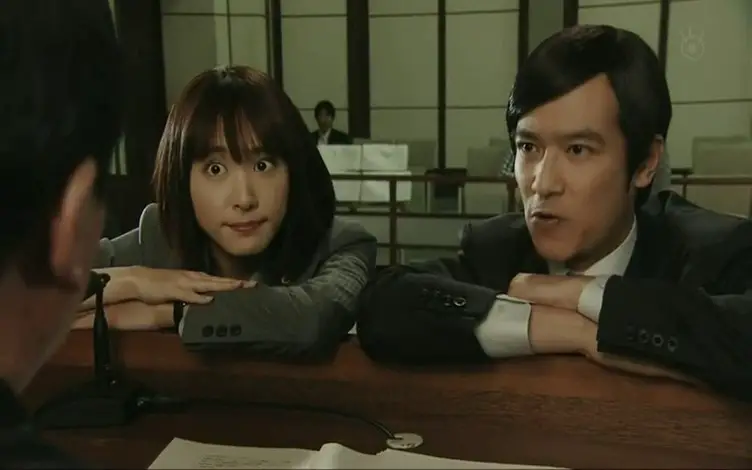
10. Last Friends (2008)
Last Friends is a Japanese television drama that aired on Fuji TV in 2008. This drama focuses on the different complex conflicts the people of this generation face because of how their childhood shaped their personalities. It sheds light on issues like- domestic violence, child abuse and homophobia., etc. It teaches you the importance of friendships, too and since this drama showcases real-life problems that most people experience, the characters feel real, too, and you can relate to them.
